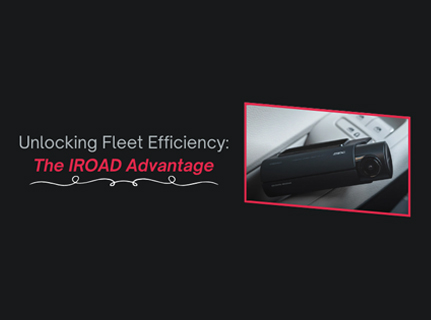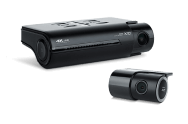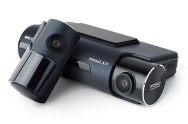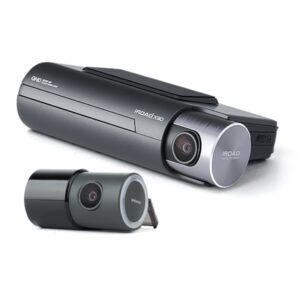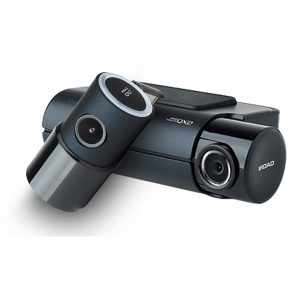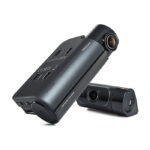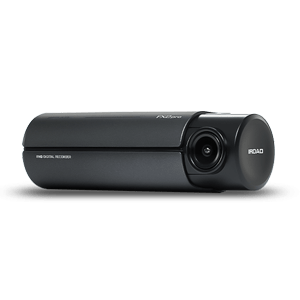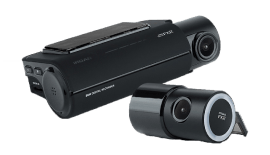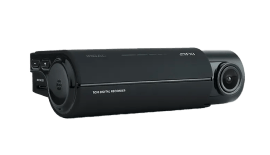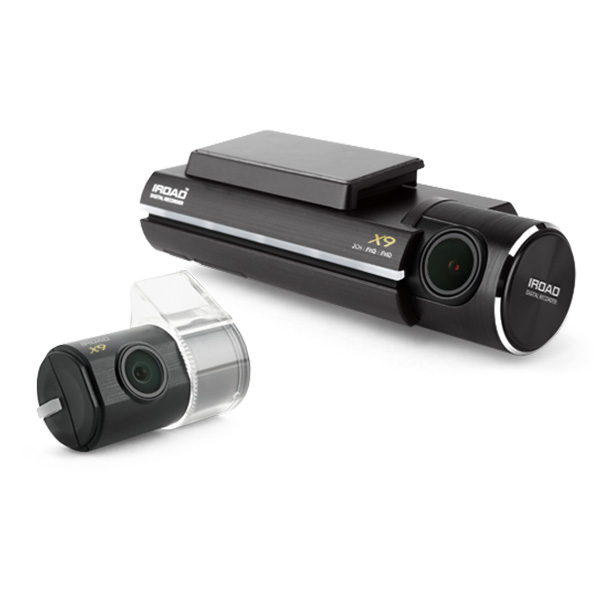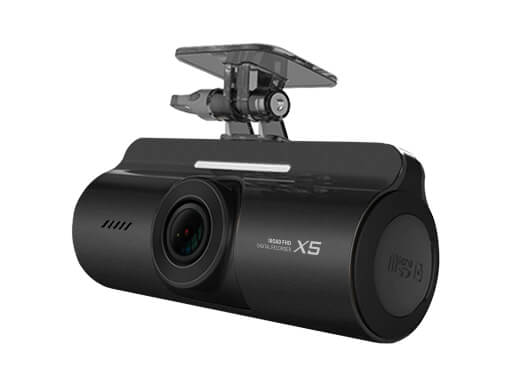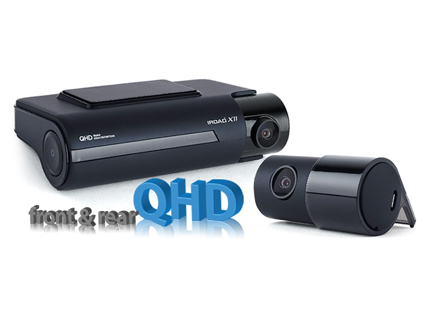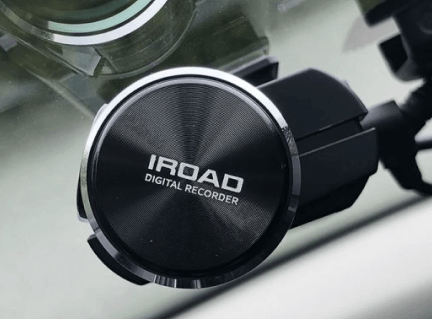Purchasing an IROAD Dash Camera is a great long-term investment. When hard wired directly into your car it will protect you on the road for years to come with no need to worry about power supply. What though if you don’t want the camera attached to the vehicle?
Having a camera hard wired to a vehicle isn’t the best option for everybody. You may want the option of an immediate plug and play. You may be renting the car and only want to use for a few hours, or you may be using the vehicle as a Taxi, Ride Share or Courier. Having a camera as your permanent recording if you are a professional driver can be invaluable, but many don’t do it for this very reason of hard-wiring.
Whatever the reason, you need another option to power your IROAD Dash Camera.
So, what are your options?
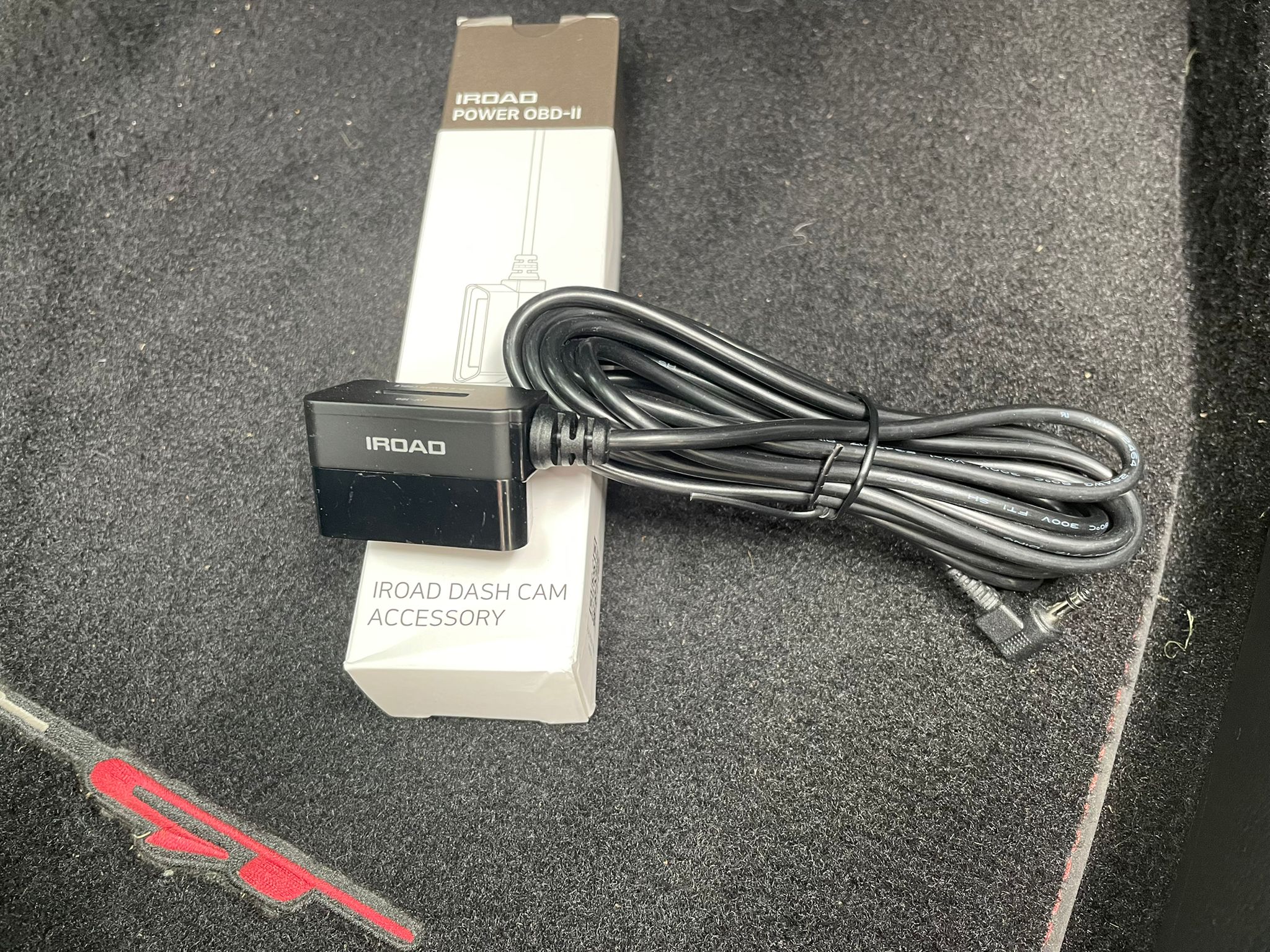
OBDII Power Cable
The OBD (On-Board Diagnostics) plug is located on every single car and usually within easy reach and open to the cabin for quick access. Normally located around the steering column the plug is clearly marked and shaped.
What is a OBD Power Plug?
As vehicles came with more computers and needed issues diagnosing quickly the OBD provided quick access to the vehicle diagnostic tools and has adapted with the times. The OBD1 was only connected to the console of a car, while OBD2 is remotely connected to the vehicle. OBD1 was used during the earlier years of the car manufacturing industry, while OBD2 was only introduced in car models produced in the early 1990’s and beyond. Safe to say most of us have an OBDII plug.
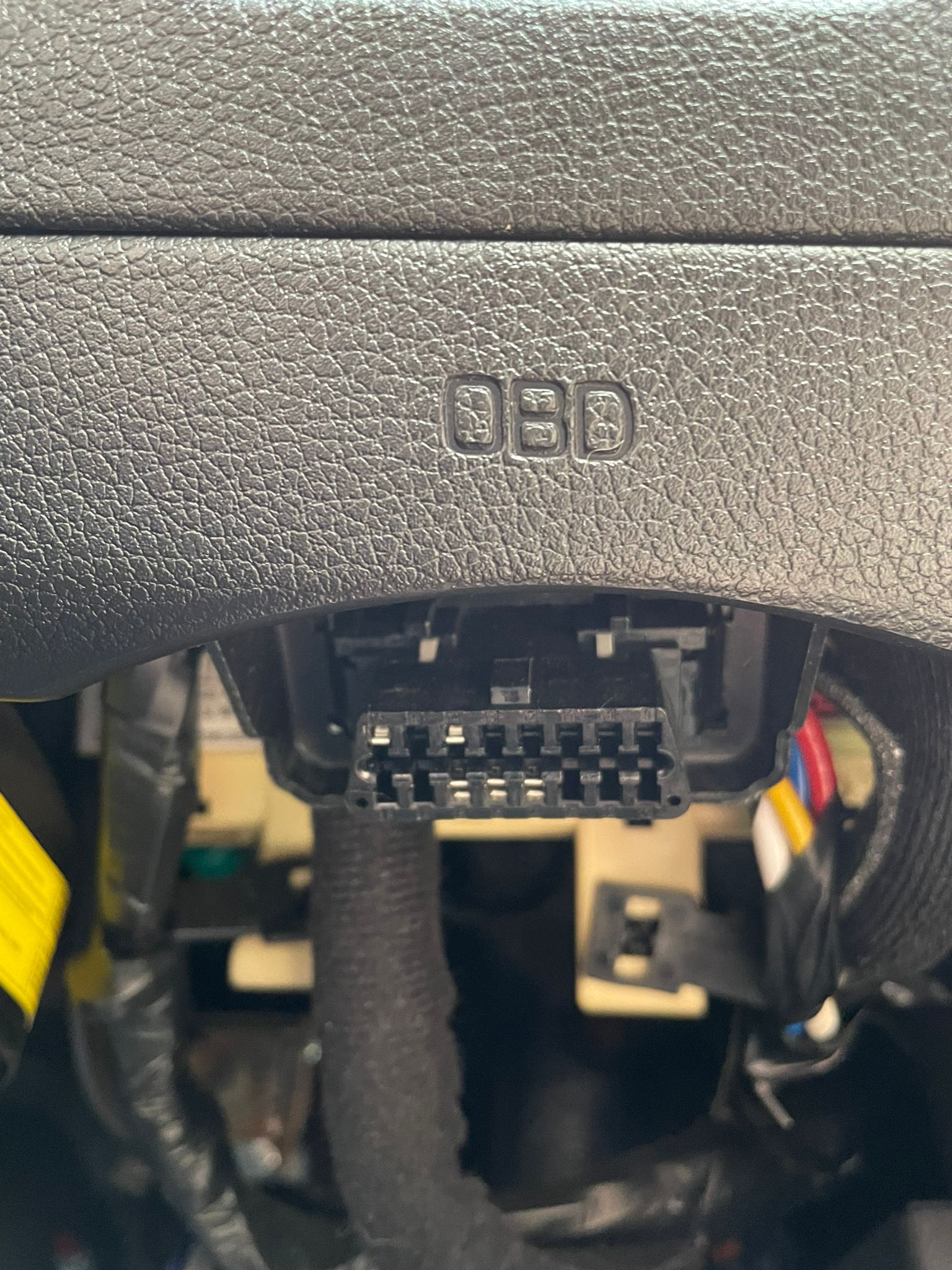
3 Second Install
- Locate your OBD plug. Usually under your steering column, if not then check the hand book.
- Simply plug in the OBD side into the socket (it only goes one way),
- Wait for the light to show power is on and select your desired power mode. It really is that simple.
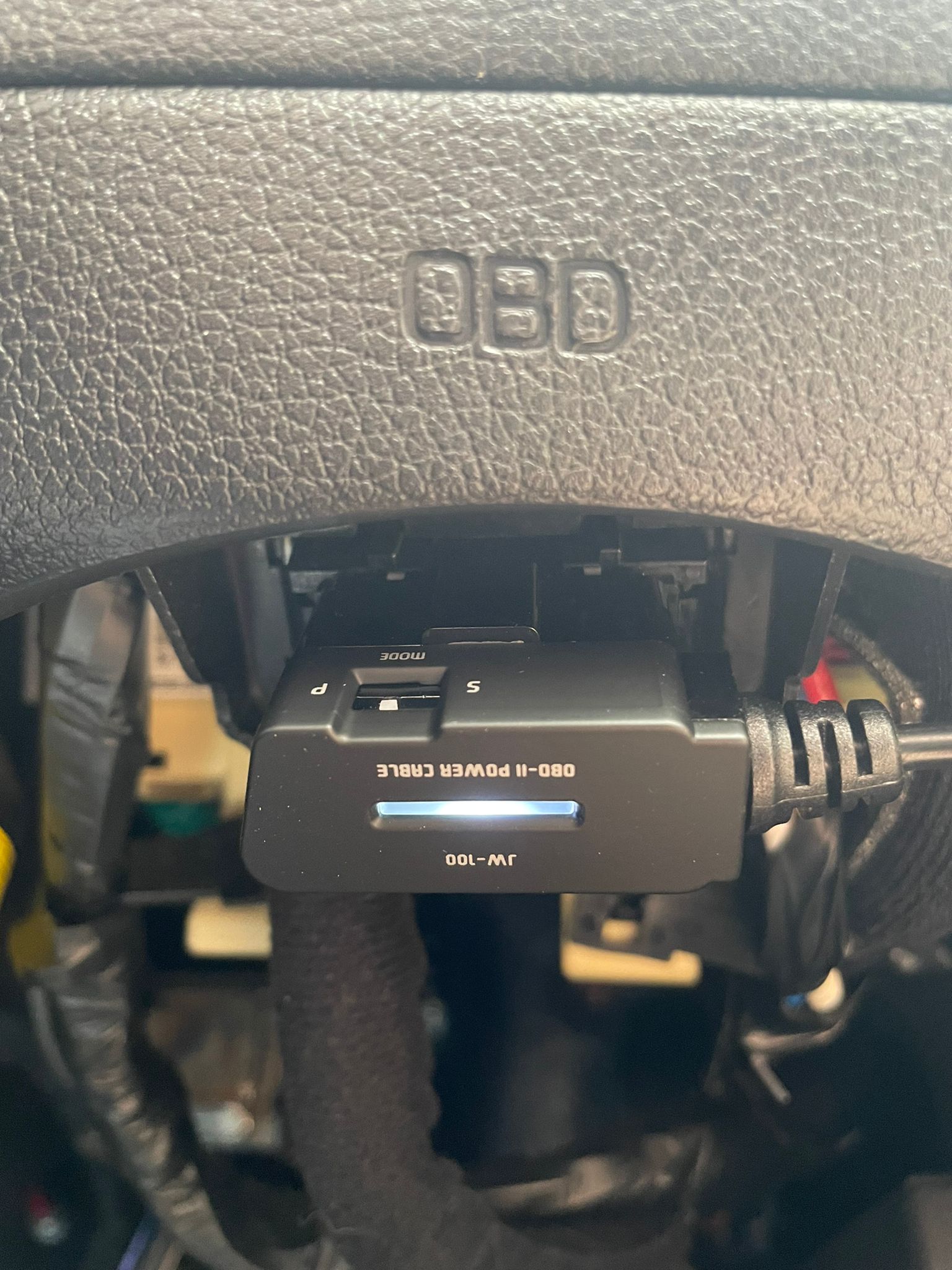
The OBD II is the easiest way to install an IROAD dash camera without damaging the wiring of the vehicle. It protects the vehicle more safely with overcurrent cut-off circuit.
Parking Mode Available with OBDII
When the engine of the vehicle is switched off most devices will power down. The IROAD OBDII Power Cable built-in switch allows you to set the recording mode to the option of when you want it to record. S mode records Driving mode only while P allows Driving & Parking mode. The latter ensures the camera is still powered while in parking mode and will only switch off when the battery needs to keep enough voltage to restart the vehicle. This timeframe can vary a lot depending on the age and health of your cars battery as well as how often you drive the car, remembering that the cars battery charges whilst driving.
Electric Vehicle Option & STOP/START Safe
The IROAD OBDII JW-200 option is designed to perfectly support 100% electric vehicles and their modern driving functions. With built in Overcurrent protection and G-Sensor it will ensure both the camera and vehicle are protected in both driving and parking mode. Just pick the JW-200 option on check-out.
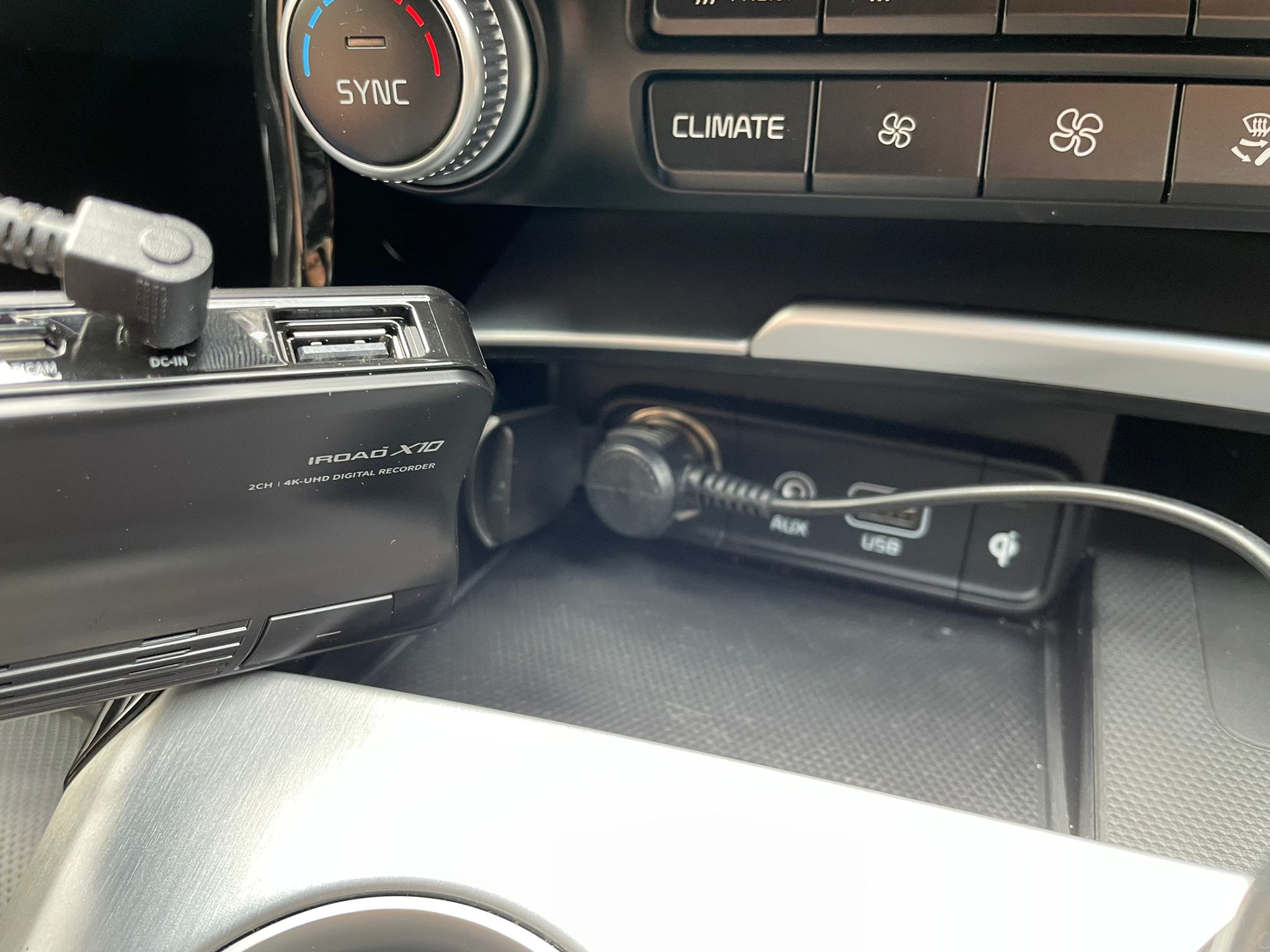
12V Adaptor
We are all aware of the 12V plug, used by many to power the older GPS systems, and charge our phones before the USB plugs became more popular.
IROAD still give you the option of using the 12V plug to power your IROAD Dash Camera if so desired. Simply plug in the IROAD Cigar Jack at each end and away you go.
The only downside to using the 12V plug is that as soon as you turn the engine off, the camera will also turn off.
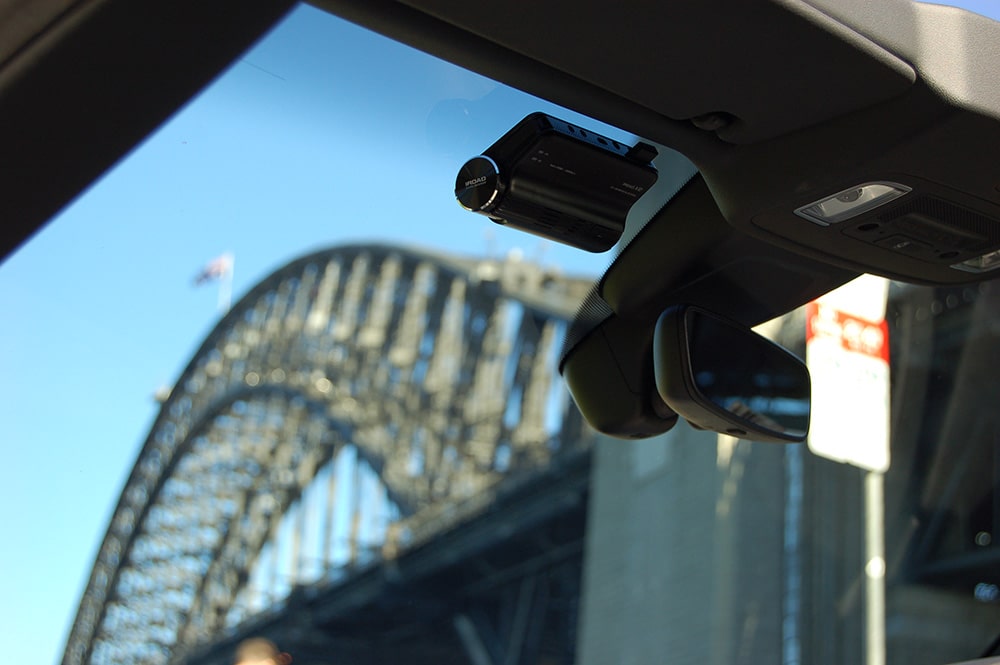
The Choice Is Yours
If purchasing the IROAD Dash Camera for yourself to be only used in one car permanently, we always recommend the best option of hard wiring. Having the camera professionally installed into the car will ensure to last you the lifetime of your vehicle with no trace of power cables seen. It’s the cleanest and best long-term option.
If you fall into the category of many people who use multiple cars or want a short-term option of protection and permanent eyes on the road an IROAD Dash Camera can provide, then you can’t go past the 12volt plug. With a simple plug in you can have all the power options of a hard-wired camera. Simply just unplug when you have finished.
If you don’t want any cables or trim panels removed and want no interference to your vehicles wiring, then the OBDII Power Cable is truly your best option.
